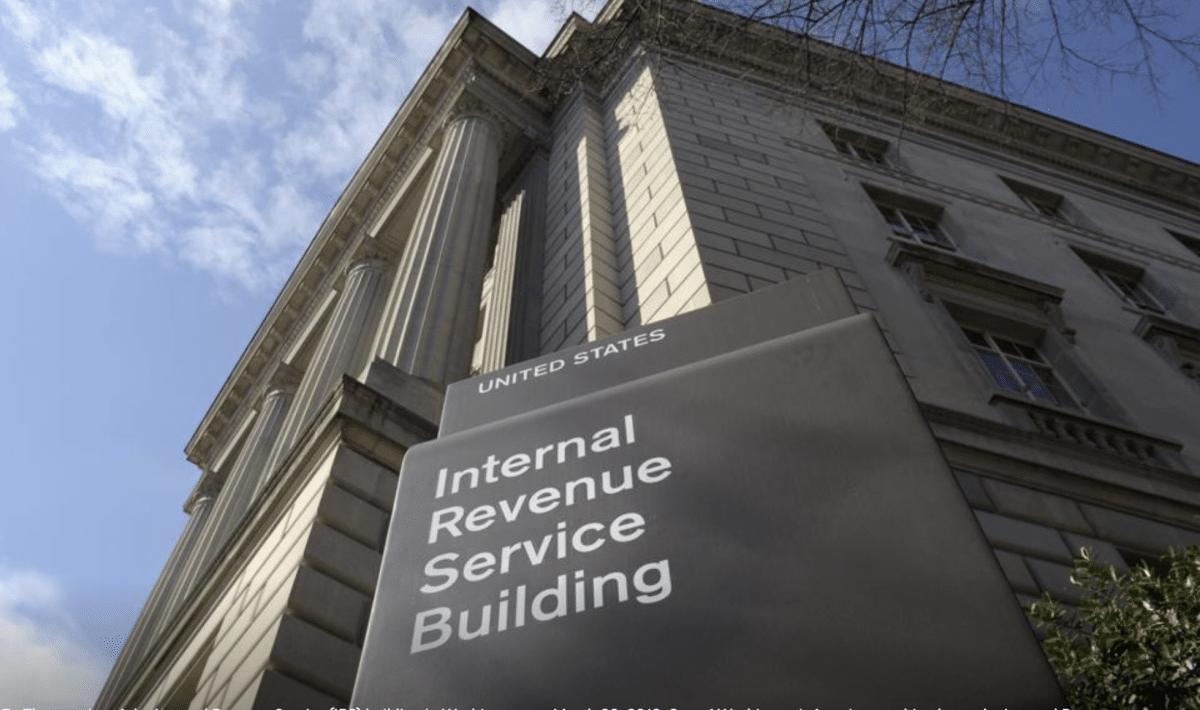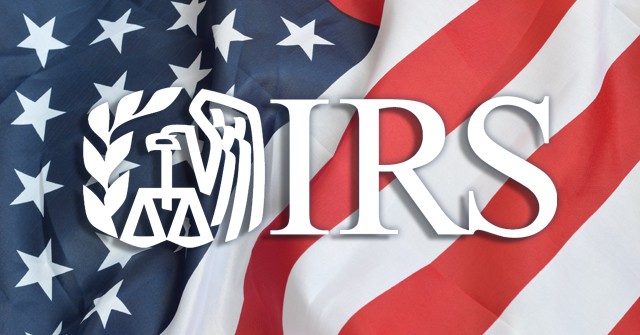The United States Internal Revenue Service (IRS) has confirmed its intention to tax nonfungible tokens (NFTs) at a higher rate than already set in place. Nevertheless, the agency has also declared its interest in seeking public opinion on the implementation of the new tax rules and regulations.
Are NFTs Collectibles?
The IRS appears to be getting ready to tax NFTs soon as collectibles in the United States, much like art or gems. The agency first issued crypto taxation guidelines in 2014. At the time, it defined digital assets as property. Nonetheless, these guidelines seem to be inapplicable to NFTs. The IRS is convinced that they lack the benefits of “capital-gains tax treatment as other capital assets.”
On March 21, the IRS indicated the opening of a comment period for the public to offer extensive feedback on the proposed taxation of NFTs. The agency is expected to register the comments until June 19, 2023.
Until then, the IRS will utilize a simple method to help determine the nature of an NFT. The agency will do a “look-through analysis”. The IRS wrote:
“Under the look-through analysis, an NFT is treated as a collectible if the NFT’s associated right or asset falls under the definition of collectible in the tax code.”

Putting that in other words, the IRS will judge whether the NFT’s associated right or asset is a collectible as currently defined in the tax code.
The federal tax code defines a collectible as “tangible personal property “. It applies to any work of art, antique or rug, gem or metal, coin or stamp, or alcoholic beverage.
NFTs Subjected To Increased Tax Rates Than Stocks?
Under these proposed changes, NFTs taxed as collectibles will mostly subject their owners to higher tax rates compared to assets like real estate, stocks, or cryptos. The federal government now taxes collectibles held for more than a year at a top rate of 28%. Other investments are taxed at a top rate of 20%.
Collectibles are taxed at ordinary income-tax rates. This differs from the three-tier system (0%, 15%, and 20%) applied for stocks.
According to the real IRS definition, an NFT is a unique digital identifier that is recorded using distributed ledger technology (DLT) and might be used to certify the validity and ownership of an associated right or asset. Nevertheless, whether a digital file features a “work of art”, is still not yet clear to the IRS.
For now, the IRS is trying to set up definite guidelines for taxpayers about NFTs. The survey the IRS launched may help determine the right way to tax NFTS in the United States.





